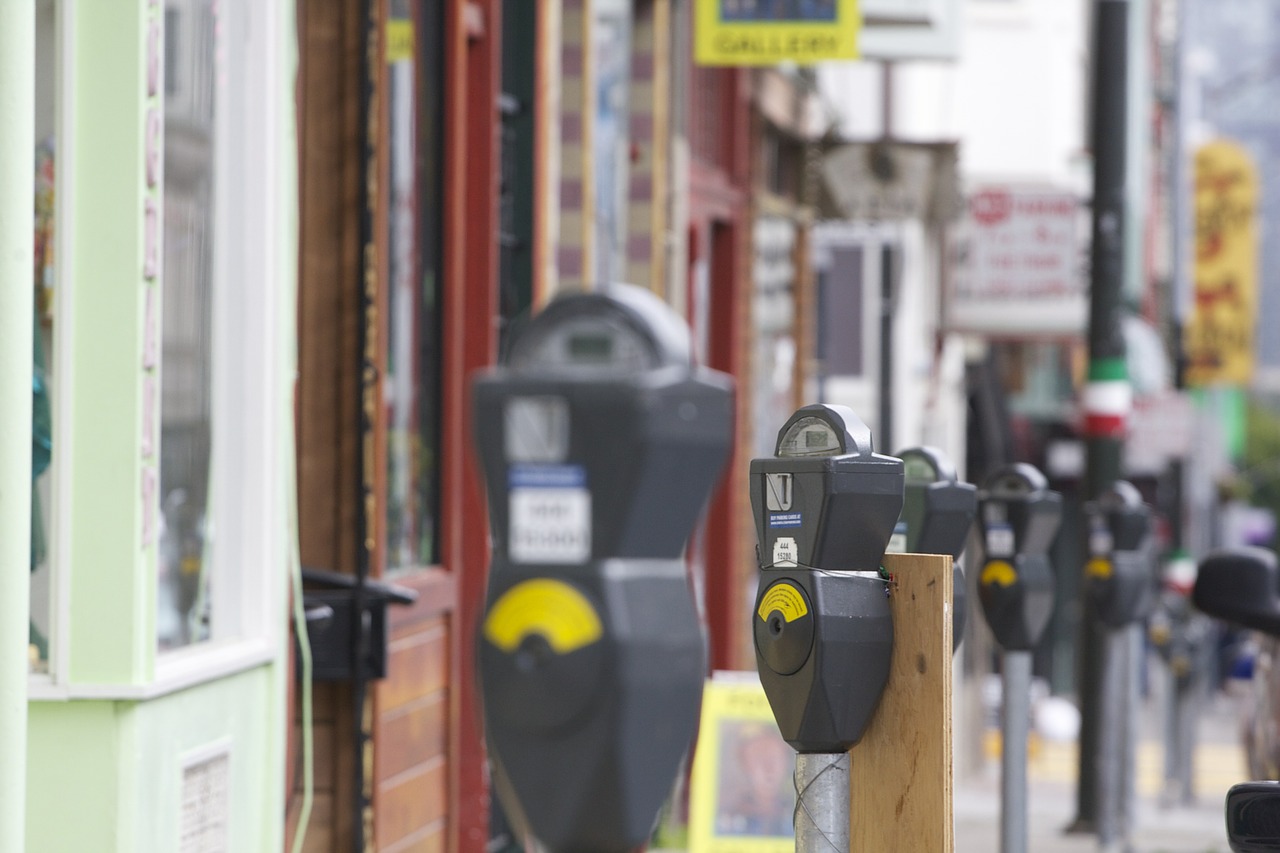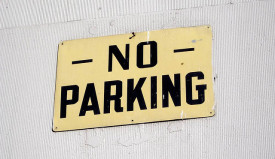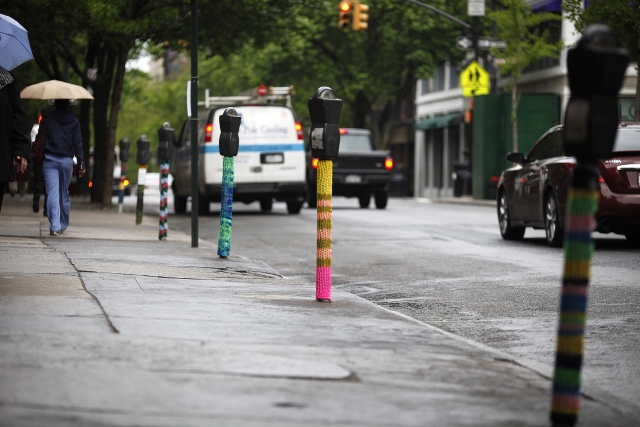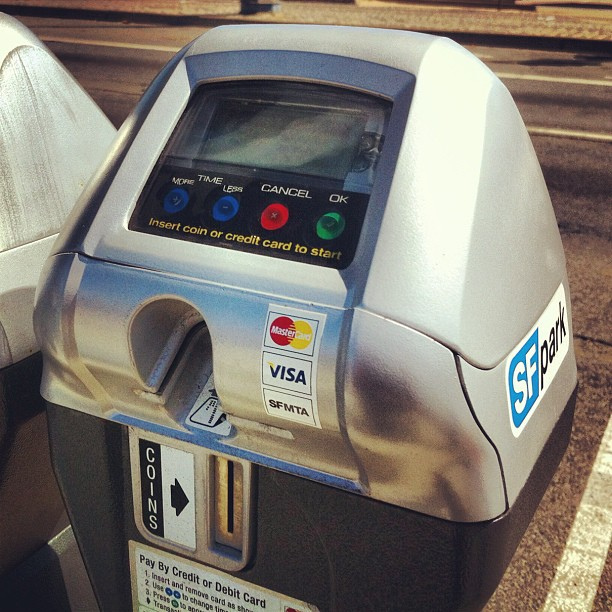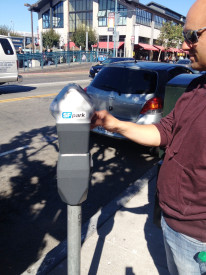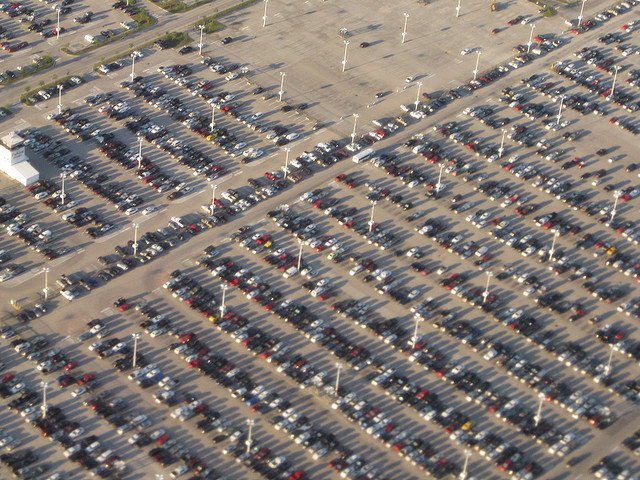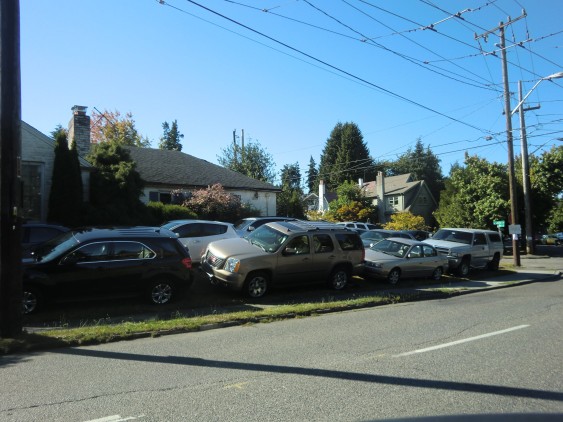Parking reform may finally be coming. Here are eight reasons to hope for change soon:
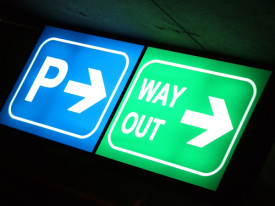
1. Noah’s (P)ark. UCLA planning professor Donald Shoup, like a modern day Noah, has been carrying a new strategy for parking reform far and wide looking for dry land on which to release it. The three-step plan of action—charging market prices for curb spaces through performance pricing, rebating the proceeds to neighborhoods, and then eliminating off-street quotas—is now working in several cities: Old Pasadena and San Diego, for starters. Parts of it are working in many other places: Austin, Redwood City, Ventura, San Francisco, Washington, DC, and the Northwest’s big cities, too. Each success breeds more, as localities copy good solutions from each other.
2. Jurassic Park? Curb parking has long been an archaic, hunter-gatherer world with spotty enforcement and widespread cheating. But new technologies are dragging public parking out of prehistoric times and into the modern era. Smart parking meters, in-street sensors, parking-enforcement tools such as license-plate scanners, and apps for finding and paying for parking have opened up new possibilities for managing parking on the street. Cities can collect for and enforce parking charges even on quiet streets, and parkers can locate spots efficiently. All of this makes it much easier to charge for curb parking.
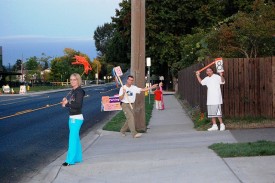
3. Spot Me. The same info-tech tools are making it possible for people to rent out their own parking spaces—a vast, distributed private market for parking spots. Dozens of new apps like Parkatmyhouse and Parkopedia are turning idle spaces into cash, allowing much fuller use of them and inverting their owners’ political motives. Owners of off-street spaces lose out from free on-street spaces and mandatory off-street spaces nearby. As parking space micro-entrepreneurs grow in numbers, and as they find their political voice, they will counteract parking territoriality.
